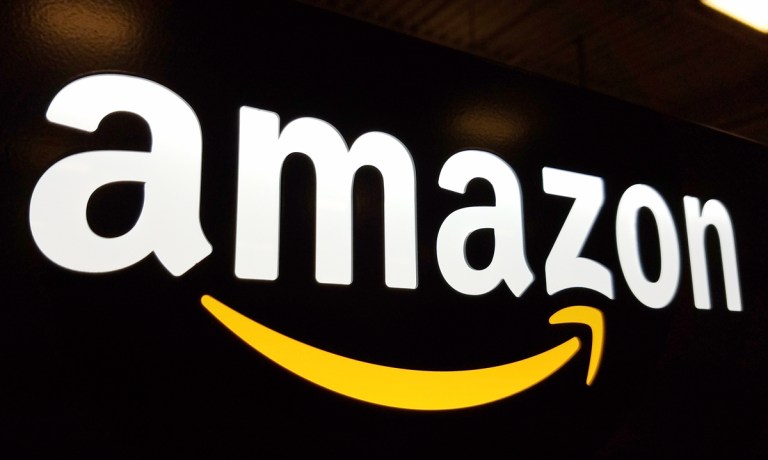Amazon Plans South African Online Store for 2024

Amazon will open its doors to sellers in South Africa beginning next year.
Starting Tuesday (Oct. 17), independent merchants in the African nation can register their businesses, the retail giant said in a news release.
“We look forward to launching Amazon.co.za in South Africa, providing local sellers, brand owners and entrepreneurs — small and large — the opportunity to grow their business with Amazon, and delivering great value and a convenient shopping experience for customers across South Africa,” Robert Koen, general manager of the Sub-Saharan Africa region for Amazon, said in the release.
Independent retailers — most of them small- or medium-sized businesses (SMBs) — now account for most of Amazon’s eCommerce sales at 60%, per the release.
PYMNTS Intelligence showed the proportion has risen in recent years, representing an increase of 7 percentage points versus the first quarter of 2019. Nearly three-quarters of the total online sales value on Amazon is attributed to third-party sales.
Research also found that Amazon has an edge over rival Walmart in terms of global market penetration, with a seller network spanning 22 countries, including markets such as Australia, Germany, Japan and the United Arab Emirates.
Meanwhile, Reuters reported Tuesday that Amazon could have a tough road ahead in South Africa, where online sales seem to have peaked amid a return to brick-and-mortar shopping, weak economic growth, steep unemployment and infrastructure issues.
Although Amazon is expected to fuel competition with local online and physical retailers, “the reality is that the consumer pie in South Africa is not growing,” Sasfin Wealth senior equity analyst Alec Abraham told Reuters.
Earlier this month, PYMNTS spoke with two of the three SMBs that got $50,000 grants from Amazon’s Accelerate program this year. They talked about their experiences with the company and shared the ways they have been able to glean insights into their customers.
“Our company mission is creating jobs for people with disabilities, and Amazon was a key partner in that right from the start,” said Kim Shanahan, founder of Gifts Fulfilled.
She said her company realized early on that its operational model would depend heavily on an assembly line style of production.
By integrating with the Fulfilled by Amazon (FBA) program, Gifts Fulfilled increased its product volume. Rather than fulfilling single customer orders directly, it sent its products to Amazon’s warehouses in bulk, streamlining production.
For all PYMNTS retail coverage, subscribe to the daily Retail Newsletter.